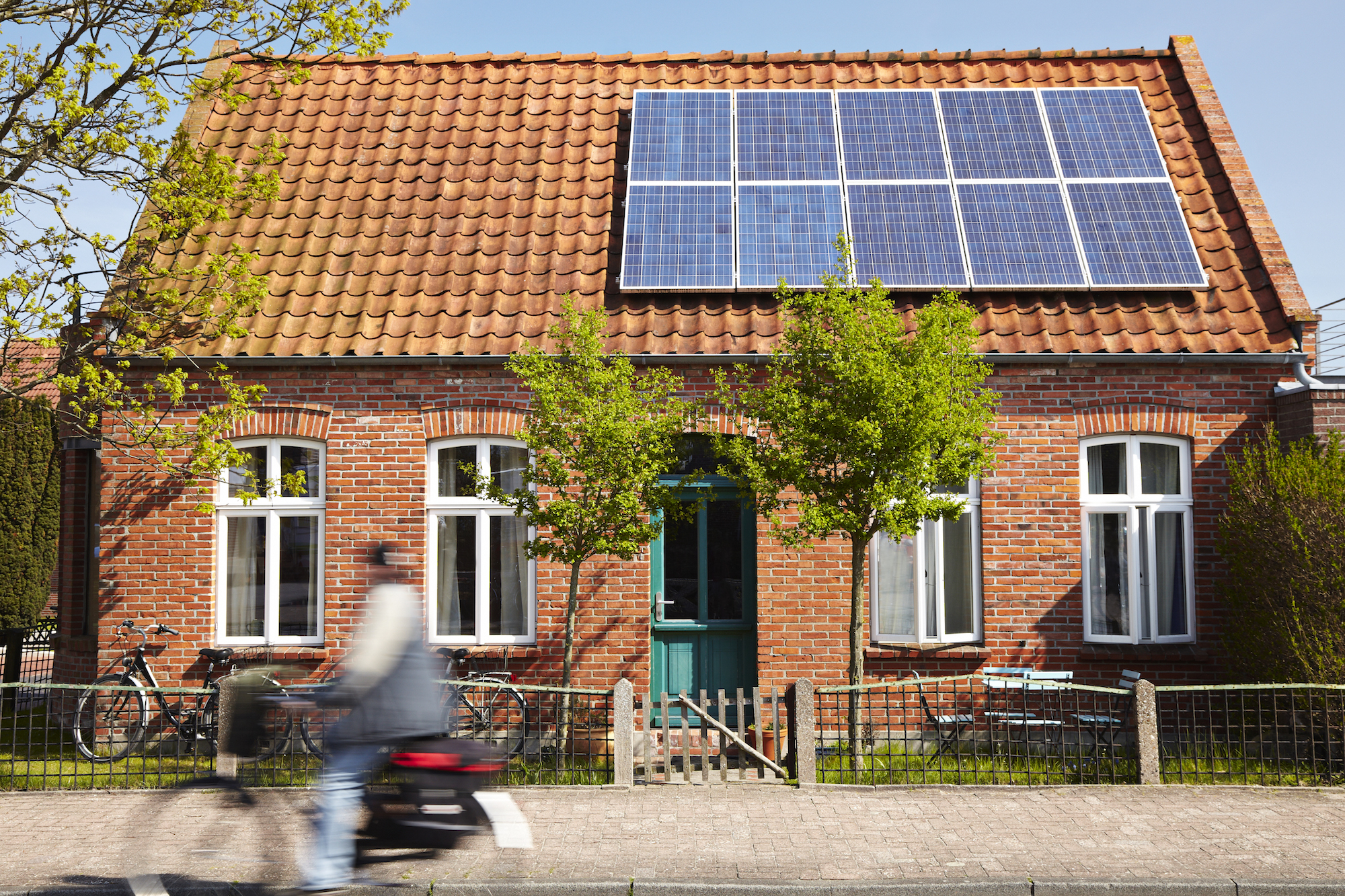Days
Hours
Minutes
Seconds
May 1 2026 - Renters' Right Act Commencement Day
You have 0 days to:
Serve any final Section 21 notices
Stop accepting above-asking rent offers
Prepare for the rental bidding ban
Remove “No DSS” from adverts
Remove “No Children” from listings
Show one clear rent price
Stop using fixed-term agreements
Switch to periodic tenancy templates
Check which tenancies go periodic
Stop taking rent before signing
Take no more than one month’s rent
Move all evictions to Section 8
Train staff on new notice rules
Create Section 13 process flow
Add two months to rent reviews
File court claims for Section 21s
Update landlord move-in grounds
Update landlord selling grounds
Send the RRA Information Sheet
Create written terms where missing
Update How to Rent processes
Review tenant screening questions
Update pet request processes
Stop backdating rent increases
Discuss rent protection backbooks
Act now before it is too late...
New government strategy announced for decarbonising homes in England and Wales
The government announced details of the Heat and Buildings Strategy in its Net Zero Strategy: Build Back Greener policy paper, encouraging homeowners in England to move to low carbon heating such as heat pumps - plus shares when a response is expected for the consultation on raising Minimum Energy Efficiency Standards.
Suzy Lycett
Oct 19, 2021
The government has outlined £3.9 billion of new funding in its Heat and Buildings Strategy, detailed in the Net Zero Strategy: Build Back Greener policy paper, to support decarbonisation efforts in England and Wales between 2022 and 2025. The strategy prioritises plans to incentivise the installation of low-carbon heating systems such as electric heat pumps, replacing old gas boilers in a "simple, fair and cheap way". The end goal is to reduce the UK's dependence on fossil fuels and avoid exposure to "volatile global gas prices" such as those behind the current energy crisis - all by 2035. The plans also support its previous proposals to increase Minimum Energy Efficiency Standards by 2028 in Private Rented Homes.
Between 1990 and 2019, net UK emissions from heat and buildings decreased by 17% - but there's still a long way to go to achieve the government's target of net zero by 2050, especially with buildings still accounting for 17% of all national emissions.
Grants of up to £5,000 for homeowners to install more efficient heating systems like heat pumps will be made available through the Boiler Upgrade Scheme - now open for applications - aiming to bring the cost of a heat pump more in line with a traditional gas boiler. The fund totals £450 million, and the government says that, although it aims to stop the sale of new gas boilers by 2035, "no-one will be forced to remove their existing fossil fuel boilers". It will simply be a question of making "greener choices" if a boiler were to be replaced.
Other schemes and programmes announced to support this strategy include:
- A £60 million Heat Pump Ready innovation programme to "make clean heat systems smaller, easier to install and cheaper to run".
- A new Hydrogen Village Pilot to assess the potential of using hydrogen to heat buildings by 2026, where heat pump technology will also play a key role.
- A call for evidence on shifting levies from electricity to gas, to reduce the cost of electricity over the next decade, with a decision to made in 2022.
EPC ratings and the consultation response
The full policy paper also shares that a response to the governments' consultation on the proposal to boost Minimum Energy Efficiency Standards to at least an energy performance certificate (EPC) band C in all privately rented homes by 2028 is due "by the end of the year".
Forty percent of homes hold a band C energy rating or above currently. The new funding will also prioritise this goal through the grants allocated to make home improvements. For example, social housing providers with properties of an EPC rating of D or below were eligible to apply to Wave 1 of the £160 million Social Housing Decarbonisation Fund to support the installation of energy performance measures in social homes in England. This funding window closed on 15 October 2021.
Local authorities will also be able to use the Home Upgrade Grant Scheme to help low income households in England boost the energy efficiency of their properties with non-gas solutions. £150 million will be available in total from summer 2021. Authorities will prioritise projects that can help to upgrade homes with Energy Performance Certificate (EPC) rating E or below.
This article is intended as a guide only and does not constitute legal advice. For more information visit gov.uk.
Want the latest lettings new delivered straight to your inbox every week? Sign up to our mailing list and stay up to date.




.jpg)

